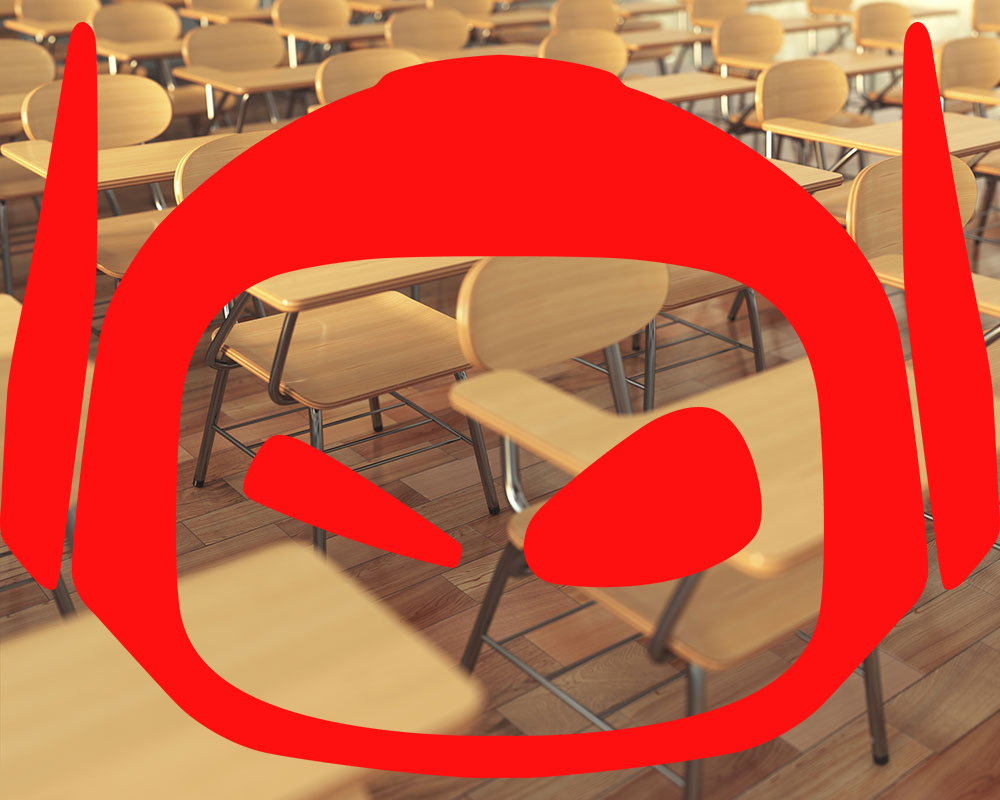Artificial intelligence, also known as AI, is a rapidly developing field with a lot of promise. It provides a wide range of benefits to society and is quickly becoming an integral part of daily life. Although AI has many useful applications, some people have expressed concerns regarding its ethics. For example, student use of AI to help with homework.
Student use of artificial intelligence is a growing trend which, in some cases, allows the program to perform the work for you. This means AI could, in the not-too-distant future, be able to learn tasks without human assistance, leading to dangerous situations where humans are left helplessly learning without proficiency.
This topic was introduced at last week’s Haverhill School Committee meeting by Committee member Paul A. Magliocchetti who said he learned of one AI application available online from his 17-year-old son.
“I was blown away when my 17 year old started showing me what it is and how it can be used by students as a tutor; how it can actually take the place, in some instances, of a physical tutor,” he explained.
Magliocchetti, who is an attorney, said he tested the program, called ChatGPT, himself and found it to be an eye-opener.
“I actually asked it to draft a non-compete agreement and I gave it a couple of fake names and I said within a 300-mile radius of Haverhill, Massachusetts, for a period of three years. It generated a complete. It generated a complete non-compete agreement that was about 90% of what we would use in our office. So, it’s a very powerful tool,” he explained.
Magliocchetti said an inherent problem is the program could be used to do the work for a student rather than help him or her with studies. He said, in fact, some companies are now developing software for teachers that can determine if an essay or other work assignment has been computer generated.
Haverhill Public Schools Director of Technology Douglas Russell said the program is currently blocked from student use on school devices—not because of a fear of cheating, but due to privacy concerns. A student may still utilize it on their personal device, however.
Committee members agreed the program is a game changer and school administrators must watch its development closely.
By the way, the first two paragraphs of this story were actually not written by this reporter, but rather generated by a similar AI program known as “Smodin” in response to the question. “Can AI programs be used by students to cheat in school?”
